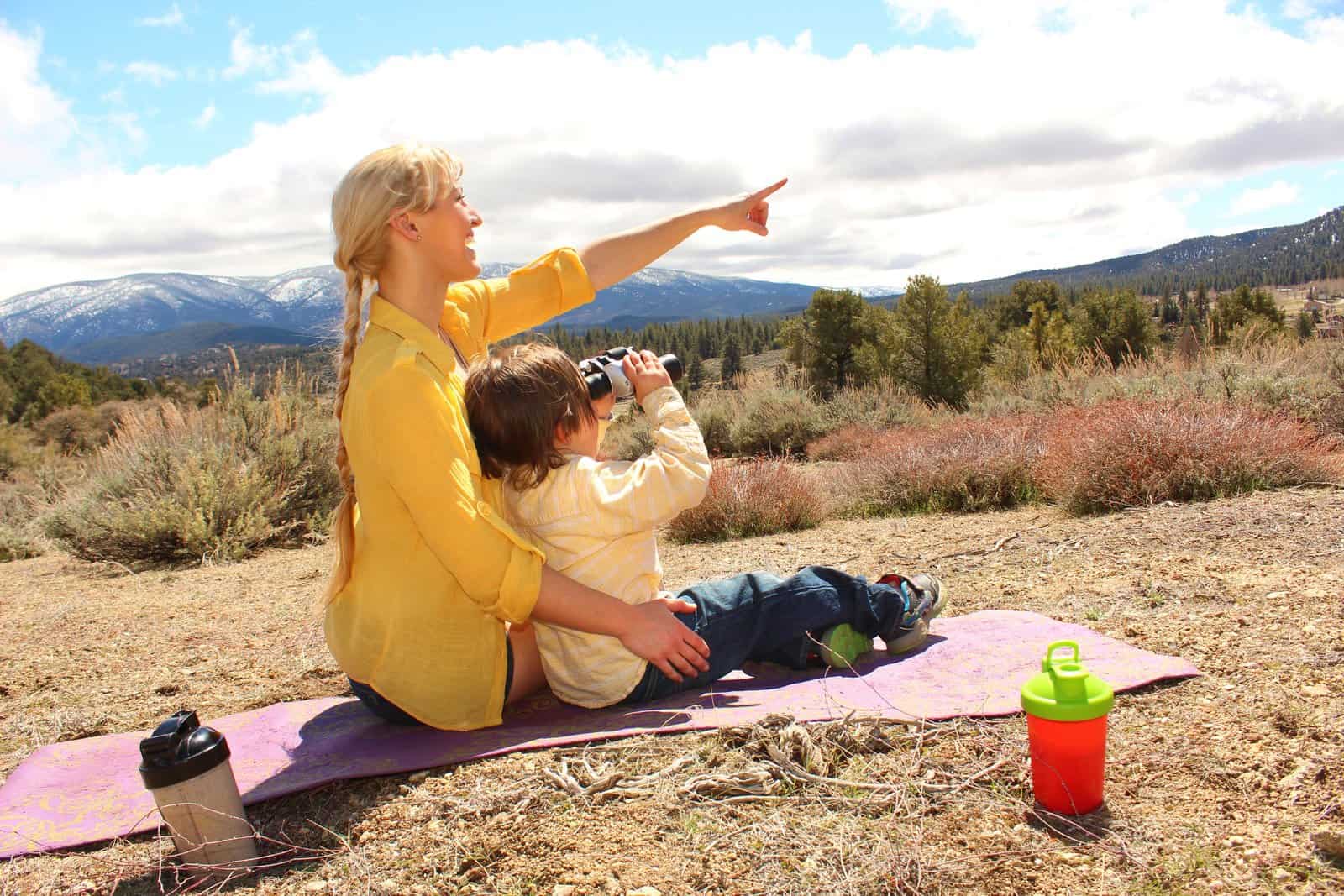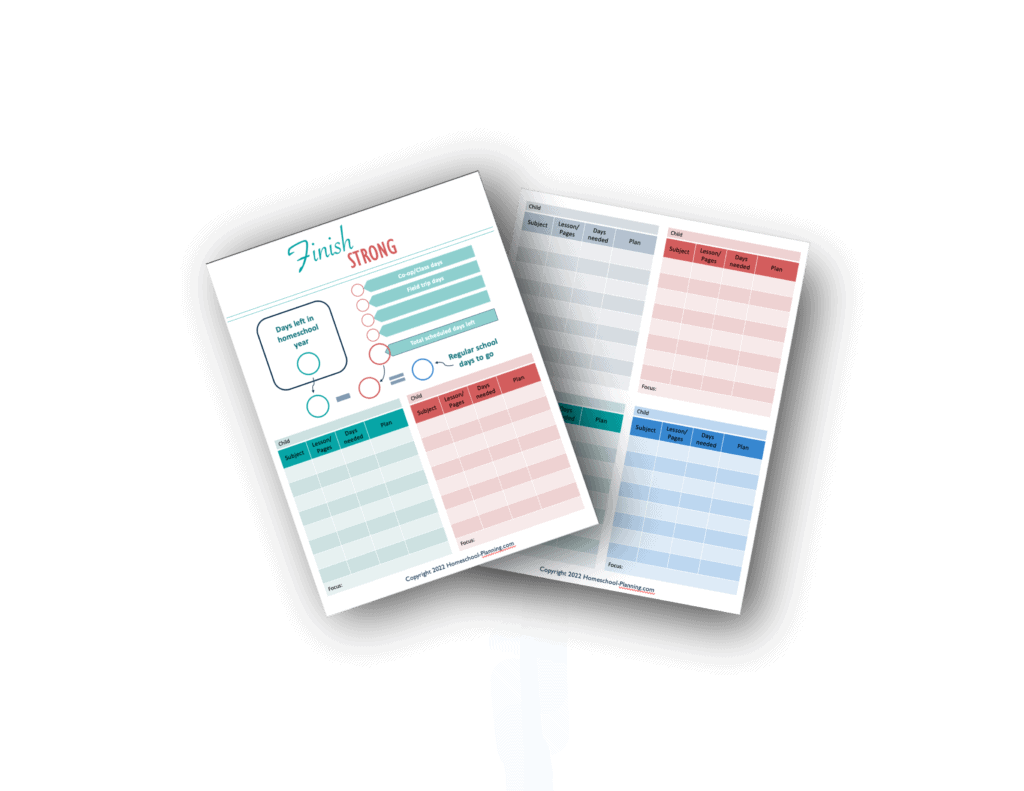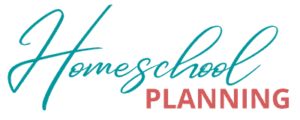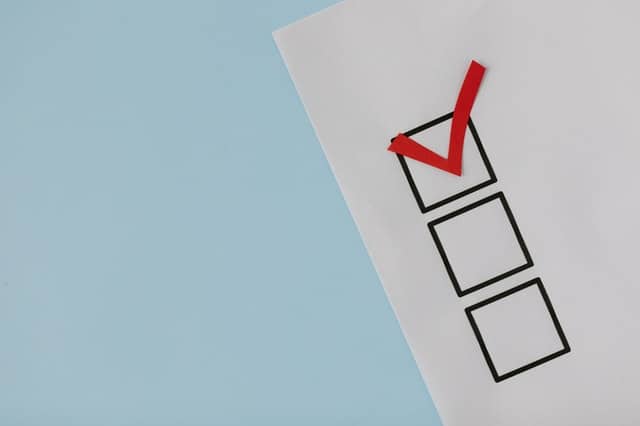It always happens that March comes in our homeschool year and I start panicking a little inside. I get curious about how many school days we have left to go. I feel the end coming and I’m getting restless. The late winter blahs are real. But then I start looking at what lesson we’re on in the books and that’s where the panic really starts setting in. Can we actually get through the books this year? How do I finish strong this homeschool year and not just feel like a failure?
I don’t know of many homeschool families who actually finish all their curriculum every year. For that matter, I don’t even remember finishing the books the years I was in public school. But every year, it never fails that I feel the need to finish them anyway.
Here’s the thing: the curricula and resources you chose are guides. They’re tools to help you teach your children. No one says you have to use them exactly as instructed. I don’t think there is any resource I have ever used in our homeschool exactly as described. I’m always picking and choosing, skipping things and supplementing. I am the teacher, the book is not. So you too don’t have to finish it exactly as they say.
With that said, it’s still so easy to feel like a failure when your plan doesn’t go how you want. You spent a lot of time on that plan! I’m always talking about keeping your plan flexible. So what happens on the other side of that flexible plan? What do you do now that you are more than half way through your year and feeling behind? Keep reading for some practical tips to finish strong this homeschool year.

First, plan backwards
Start by planning backwards. Find the amount of days you have left to complete in your school year. If you’ve been tracking your year as you go, this should just be a matter of looking at your attendance record. In the beginning of march at our house, we are often around 120-130 days in to our school year, so we have 50-60 days to go to reach our needed 180.
Next look up the amount of lessons you have to go in your various resources and compare. Did you end up adding in several “fun days” that you didn’t originally plan? This year we joined a coop in January, which wasn’t figured in to my original plan last summer. We don’t typically do other book work on coop days since it takes up most of the day on its own. So adding coop to the mix has thrown off what I was originally planning to get through this year and will require some refiguring.
Now take those two sets of numbers – the days and lessons left – and compare. If you do everything as originally planned, how many days will it take to get through the resources? Is that more or less than the days you have left? Armed with that knowledge, let’s take a look at your options to finish strong this year.

Cram it in
If you are looking at your plan and there are not enough days anymore to fit everything in as you have been doing it, one option you have to finish strong with your curriculum is to just cram it all in. Double up on a subject by doing two pages a day instead of just one. Or you could go ahead and do math on those coop days when you had been skipping it before.
Often I find some subjects we finish with plenty of time, but there are a couple subjects in particular that are stragglers. It could be due to my hesitancy to make time for them or from an unreasonable plan, but many times, it’s just the way things go. Whatever the reason, it’s just fine to go ahead and complete those subjects! And since some subjects may be completed early, doubling up on another is often not overwhelming.
Do “extra” days
Say your state requires 180 school days each year, but in order to finish the school year the way you’d prefer, it will take your family 190 or even 200. Some families don’t even count the days and just keep doing school all year round so this isn’t something they run into.
I am a planner, obviously, so I track our days and have come to this conundrum a couple years in our journey. Often it’s only 1 or two subjects so one way I have tackled this is to finish up all the other subjects in the planned 180 days. Then I have my kids do a few “extra” light days of school after that.
Last year, my son had one more math lesson in his book. I felt like it was an important topic to cover, so I didn’t want to skip it. I also didn’t want to take a summer break and come back to it in the next school year only for him to struggle to remember how to even do it. So he did some math for a few extra days and he was honestly just fine with it. He still got plenty of time off that he was wanting and felt like it was a good deal since it wasn’t a full school day.
Of course, remember that homeschooling is more than books. If you feel you are trying to “fill time” with information or worksheets to complete the days, remember there are likely many days in your school year where you went above and beyond so having a few shorter days can definitely still count as full days.

Finish it next year
A very popular approach in the homeschool world to finishing the school year strong is to just finish the books next year. Many families will school year round, so one school year just kinda becomes next school year. You finish one book, you start the next. This leads to the utterly confusing question to homeschoolers of grade level…who knows what grade they’re in? Third grade math book, fourth grade grammar, non-leveled history, high school reading level…you can see the confusion.
A couple things to consider if choosing this route for the school year. First, if you take a long break off for the summer, how will that affect the learning process when you pick the book back up next school year? Particularly with math, it can be daunting to take a large break in the middle of a difficult new topic. Another consideration is how finishing the book next year will cut into that year’s curriculum. If you will only feel frustrated again at the end of next year because once again the curriculum isn’t finished, then perhaps another approach is better for you.

Weed out the unimportant
Many resources include a lot of unnecessary work and projects. What is unnecessary may look different to you than it does to me, but it’s ok to skip the redundancy or the extra craft projects and even the tests! Maybe the crafts are where your child really learns to apply the information, so for your family that’s the necessary parts, and the extra worksheets are what can be skipped. Find what parts of each resource is important to you and your child and focus on getting through those things. Skip the rest!
Do what you can
If you’re a truly relaxed person, your approach is likely to just finish what you can finish and call it a year. Start again with a fresh slate and fresh books next year.
The truth is most subjects are repeated every year. Think about what is learned each year in writing, grammar, science, and history. So much of what kids learn each school year is repeated the next year, maybe with a tad more depth, but still repeated. A noun in third grade is still a noun in fourth grade.
If a topic isn’t covered the following year, it will likely get covered again at some point before graduation. For instance, many homeschoolers go through a world history cycle three times during the school years. Missing a lesson or two of history one year may not be too detrimental. So consider whether or not completing the resource as-is may truly be necessary each time.
Also keep in mind that we are teaching our kids to learn, not to know everything there is to know. There is honestly no way we will be able to cover every subject and topic there is to be covered. So keep it realistic, do what you can, and find peace in there somewhere.

Choose a focus
One last approach to finishing strong is to choose a focus. Pick one or two things you really care about doing well the rest of this homeschool year. Focus on that one thing, do it well, and the other things won’t matter as much.
Now I’m not saying only do one thing, though i guess that is your prerogative. What I am saying is to not worry as much about all the other things. Decide that if you at least do this one or two things well the rest of the year, then you will have accomplished something and finished strong.
Maybe you have been failing at science this year and you decide to make sure you at least complete that one subject this year. If other things are finished as well, that’s fabulous. If not, that’s fine too. Perhaps for you it’s reading aloud. You want to make sure you soak in these last few weeks along side your children in an enjoyable way with books. Accomplishing that one thing each day could be what helps you feel like you finished strong this year.
Wrap it up
Finishing strong isn’t about completing the books, though that’s always a plus. To finish strong is to find that happy place where you are pleased with what you accomplished in the homeschool year. Sometimes that takes a bit of compromise on your original plans and sometimes it takes some mental reframing of what it means to actually finish your year strong.
In the end, your homeschool year often doesn’t look like you originally planned, but the goal is to teach your kids something, and I guarantee you did that. So with that in mind, I hope you are able to wholeheartedly feel like you now have a plan in place to finish strong this homeschool year.

Wondering how to wrap up this homeschool year?
Get the FREE Finish Strong Worksheet today!
Related Posts
Do we have to finish our homeschool curriculum?
The best places to buy homeschool curriculum
How to make any homeschool curriculum work for you





